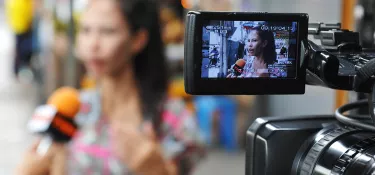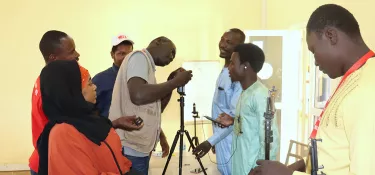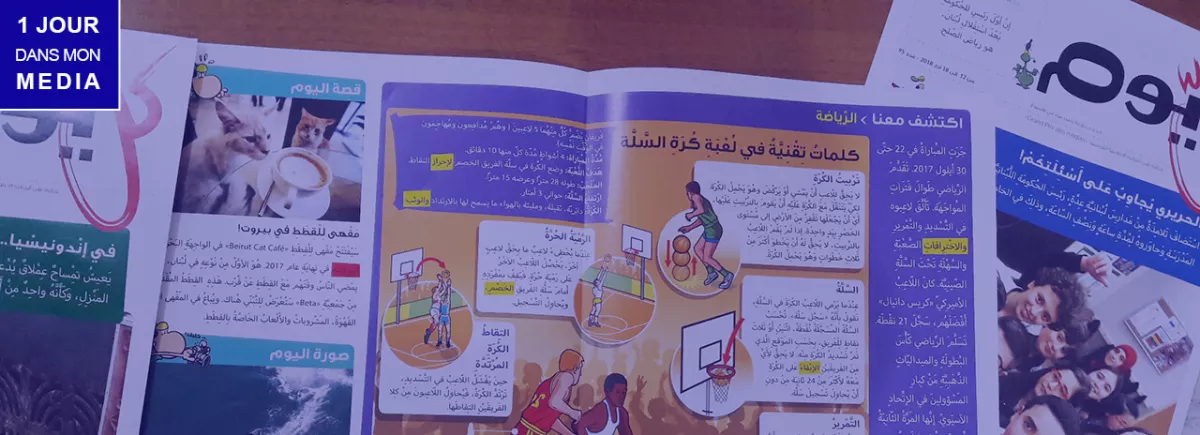
Kel Yom – A newspaper for children
Related project
Digital Readings"1 day in my media organisation" is a new series of reports, which, each week, gives an account of the daily lives of people working in media organisations in Africa, the Arab world and South-East Asia, with the support of CFI.
This week, an interview with Lamia Rassi and Hala Bejjani, from the newspaper Kel Yom in Lebanon.
Hala Bejjani and Lamia Rassi are the two Lebanese women behind Kel Yom, the Arabic version of the French newspaper Le Petit Quotidien, which is aimed specifically at children. The idea of such a venture came to them mainly because they are both mothers themselves, and felt the need to offer their children an educational tool in Arabic.
Their meeting with François Dupont, Le Petit Quotidien's editor-in-chief, proved pivotal in setting up Kel Yom.
Qatar – the first step
The two women quickly forged a close relationship with the French team at Le Petit Quotidien. Once the final details had been worked out, an Arabic version of the newspaper was launched in Qatar in 2011.
"We both live in Qatar, so it was only natural that we started there. It's a small market that is relatively easy to set yourself up in," explains Hala.
The two women, through the companyPlanet News Business that they had jointly founded, entered into a partnership withPlaybac, the publisher of Le Petit Quotidien. Under the terms of that partnership, Playbac holds the copyrights to the newspaper in every country in which it is circulated, and in return, Planet News Business can use the concept and template of the French newspaper, and also access its database.
"Kel Yom today lies at the heart of our working lives, but before that, we used to publish school textbooks and real-estate and architecture magazines," says Lamia.
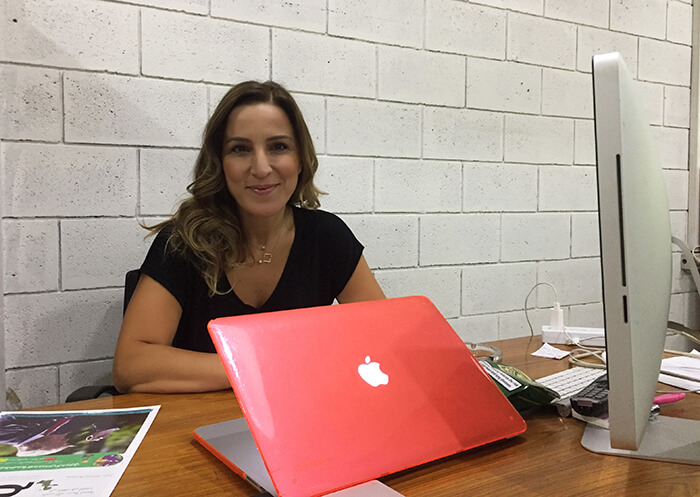
An organisation spread across two countries
Thanks to the advertising revenue that it has raised in Qatar, Kel Yom is now financially independent. The two businesswomen are now seeking to generate even more profit by capitalising on the newspaper's success to produce educational books: a few months ago, they published a book about the economy specifically tailored to children, in partnership with the Bank of Qatar.
This has allowed Planet News Business to broaden its horizons. Today, the company's head office is located in Beirut, the capital of Lebanon (the two women's native country), but it still has offices in Doha. The team, which is divided between the two countries, consists of seven permanent members of staff and various freelance journalists. The editorial team (made up of journalists, designers, proof-readers, illustrators and teachers) is responsible for coordinating the editing of each issue in both countries, with the infographics being adapted to the realities of each territory. While Kel Yom actively seeks to follow current events when choosing its topics, its priority remains keeping to the national educational programmes:
"Kel Yom needs to be fun in order to attract children, but must also be informative and educational in order for teachers to read it out in class," says Hala.
This requires the right balance to be struck, so that children can learn while still being entertained.
A digital version for teenagers
"These days, teenagers would rather see something on screen than on paper. The content of the online version will be different from that of the paper version."
The children who first read the newspaper have now become teenagers, and in the coming weeks a digital version in French and Arabic will be launched, specifically with that generation in mind. As French-speaking Lebanese citizens, Hala and Lamia are deeply attached to the multilingualism that characterises their country.
The website, which for the time being exists as a beta version, will help to maintain a link with the newspaper's first readers, with whom the two Lebanese women feel a strong bond.
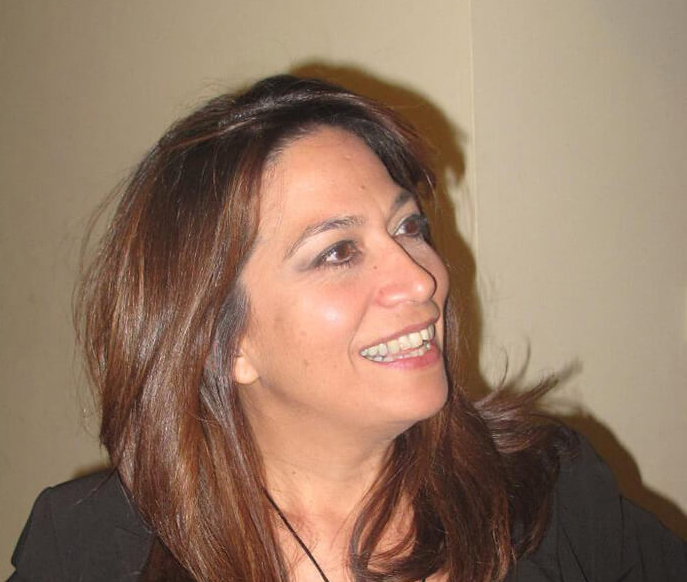
The digital version of Kel Yom, which is currently under development, is scheduled to be launched in late March:
"We've taken the time to formulate our digital strategy, since copyright is generally not respected in Lebanon. We're seeking to create a website from which it will be impossible to steal our illustrations," specifies Hala.
In the meantime, a Facebook account has been set up for the newspaper, which to date has attracted more than a thousand followers.
Expansion plans for the newspaper
"We regularly receive messages of congratulations and praise from our readers' parents. Some of them have been very moved, as their children are actually asking to read Kel Yom," says Lamia. Since written Arabic is more difficult to learn than spoken Lebanese, Kel Yom in fact helps children to teach themselves more easily. However, the newspaper still stays away from certain society-based topics, owing to "the polarisation of the media in Lebanon," explains Hala.
Even though they had to overcome some financial difficulties at the start and have faced a shortage of qualified personnel in Qatar in particular, Lamia and Hala still have major plans for Kel Yom. The pair have recently entered into a contract with an NGO that gives aid to refugees in Jordan. The newspaper will be circulated in the shelters that provide educational support to child refugees.
Kel Yom has also participated in CFI's Digital East and Digital Readings projects, both supported by the French Ministry of Europe and Foreign Affairs, with the aim of supporting Lebanon's French-language media in developing their audiences, creating new offerings and enhancing their financial viability.

